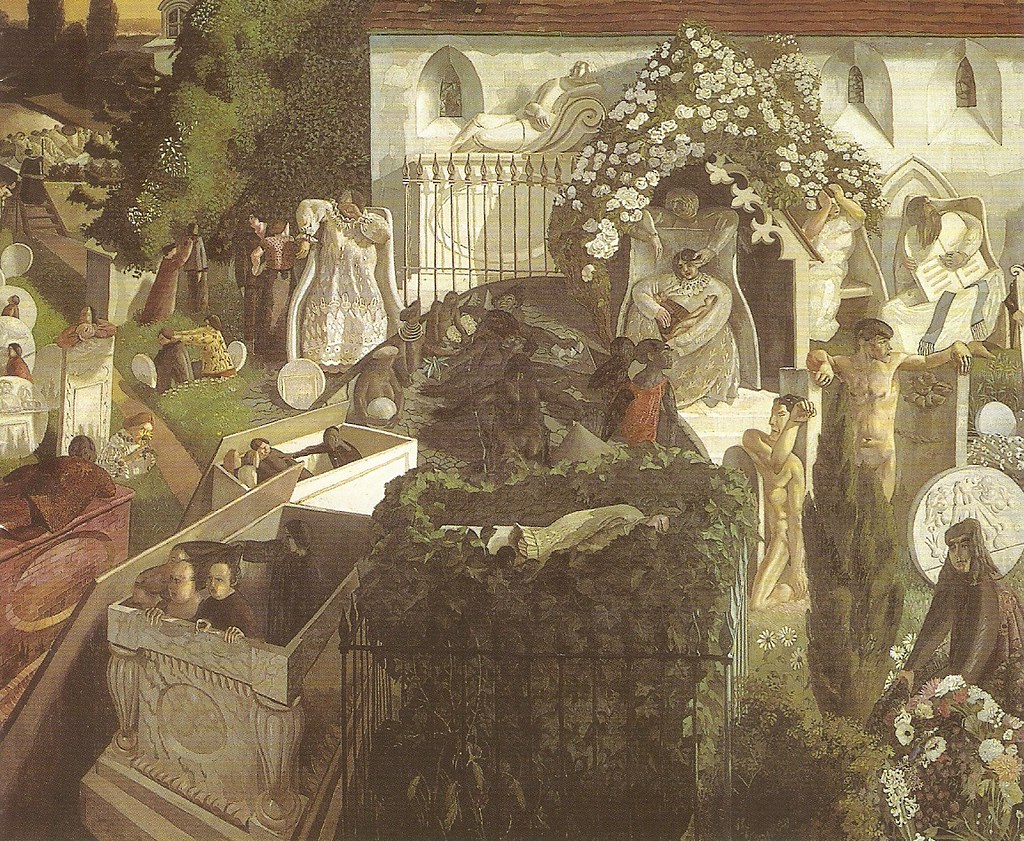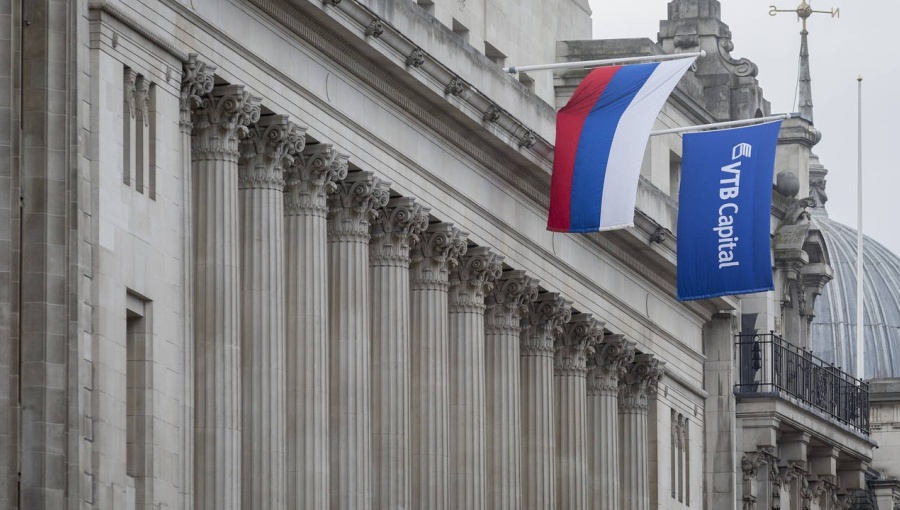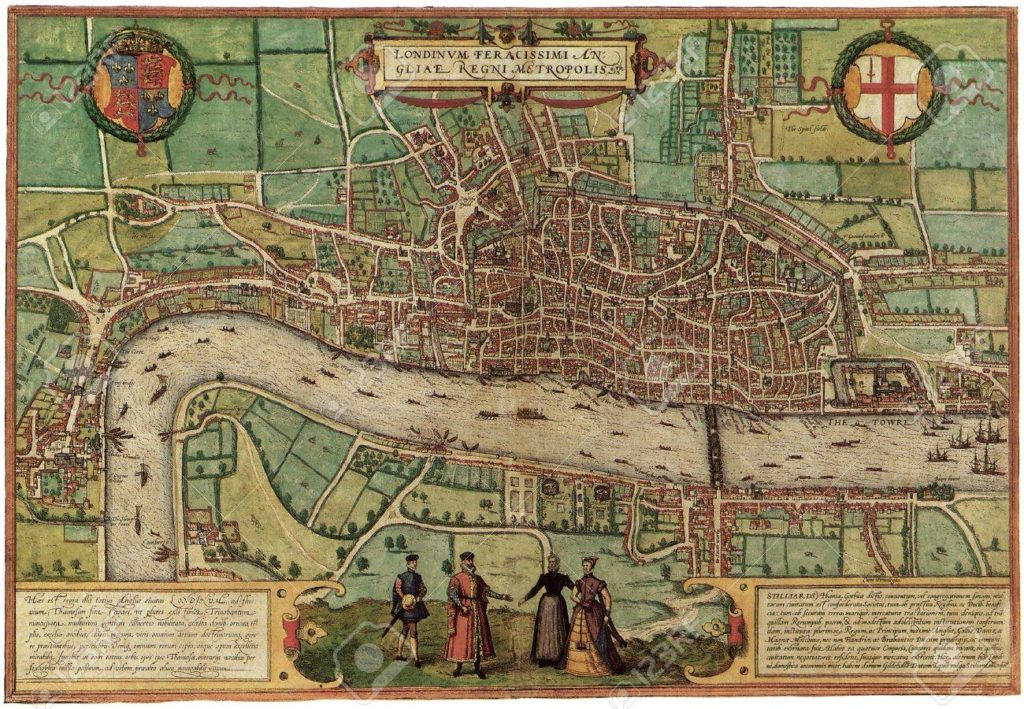Gresham Fund 1
A reading from the Gospel of Matthew
Then, opening their treasure-chests, they offered him gifts of gold, frankincense and myrrh. And having been warned in a dream not to return to Herod, they left for their own country by another road
Please be seated.
The City of London has three treasure chests and only two of them are for public display.
The public funds are the City Fund and the City Bridge Trust; the rate money and the charitable money respectively.
The first of these funds pays for the services of the City. It covers everything from street cleaning to the work that the City of London Police does to combat money laundering. It enables the City of London to fulfil its role as the Local Authority with responsibility for the Square Mile. It keeps it all going. It is the City’s Gold.
Then there is the City Bridge Trust. This is the money that the City has put aside for charitable work. It brings balm to the broken-hearted through its support for good causes throughout London. This is the sweet-smelling Frankincense.
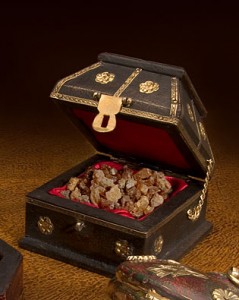 Finally there is the mysterious City’s Cash account. This is the money that The City says is its “private money” and for which it refuses to publish the accounts. Just as Myrrh was used as a burial spice, this is the fund that derives its resources in part from the bequests and the estates of the deceased.
Finally there is the mysterious City’s Cash account. This is the money that The City says is its “private money” and for which it refuses to publish the accounts. Just as Myrrh was used as a burial spice, this is the fund that derives its resources in part from the bequests and the estates of the deceased.
Although held in trust for Citizens of London, this money is now partly used to lobby for that system of finance capitalism that is causing chaos throughout the world.
Two weeks ago I published some non-public pages from the City’s Cash account from 2007 from my time as an elected councillor in the City of London. I opened this treasure chest as an early offering of Myrrh. Now is the time to look a little closer at this burial spice.
One of the funds wrapped up in the City’s Cash account is the Gresham Estate.
The Gresham Estate is described in the Accounts as one of the “registered charities which [is] also included in the City’s Cash consolidated accounts” and it is managed by the City’s Gresham Committee which “acts on behalf of the City of London Corporation in relation to its responsibilities deriving from the Will of Sir Thomas Gresham (dated 1575)”
 Sir Thomas Gresham left his estate jointly to the “maior and cominalty and cittezens of the citty of London and theire successors” (the legal definition of the corporate body of the City) and to the Mercers’ Livery Company. This bequest included Gresham House (no longer extant) in Bishopsgate as well as the Royal Exchange.
Sir Thomas Gresham left his estate jointly to the “maior and cominalty and cittezens of the citty of London and theire successors” (the legal definition of the corporate body of the City) and to the Mercers’ Livery Company. This bequest included Gresham House (no longer extant) in Bishopsgate as well as the Royal Exchange.
The City subsequently used money from this estate to buy 89/91 Gresham Street, a property that is now let to the Bank of New Zealand.
According to the City’s Cash accounts the ‘targets‘ generated by this Will include the providing of lectures and the keeping of Almshouses (now in Brixton) along with with all the associated costs.
You can read Thomas Gresham’s Will here in which he warns (in paragraph 24) that if the City fails to discharge these charitable ‘targets’ then “the defaulte thereof shal be to the reproach and condempnation of the said corporations afore God.”
And what is Gresham’s overall intention for his Will? He states (in paragraph 25) that he wishes his estate to contribute to “the proffitte of the commen weale, and relief of the carefull and true poore, accordinge to the pleasure and will of Almighty God.” Old fashioned language but clearly demonstrating a concern for the Common Good or, as he puts it, the “common weal”.
There is no reference in the City’s Cash accounts as to how much money is spent on these charitable charges but the Charity Commission website reveals, in the 2007 accounts for the Sir Thomas Gresham Charity (no 221981), that the City spent £31,810. They further state, by way of clarification, that “the charity has no underlying assets and is wholly supported by the City of London. The City of London Corporation owns all the fixed assets used by the charity.”
In other words the charitable purpose of Sir Thomas Gresham’s bequest has been wholly subsumed within the City’s Cash account.
When we go back to the City’s Cash, 2007 consolidated accounts we learn, however, that the income from the Gresham Estate (one of the funds that make up this so-called “private fund”) amounts to £514K. Additionally £709K from this fund is being re-invested. That looks like quite a sizeable property portfolio to me. More than the relatively modest payment from the Sir Thomas Gresham Charity fund would suggest.
So, some questions:
1. What is the relationship between the Gresham Estate and the Sir Thomas Gresham Charity?
2. How do they both relate to Sir Thomas Gresham’s Will that the bequest should contribute towards “the proffitte of the commen weale”?
3. Is there any surplus from the Gresham Estate that is used towards sustaining the Mayoralty, paying for the banquets or funding “Economic Development” initiatives of the City Corporation, as evidenced in the City’s Cash accounts?
No doubt there are good answers to these questions but when the City’s Cash is kept from public scrutiny they are not immediately apparent. At the very least there is need for proper public deliberation as to whether the financial services do, indeed, contribute to the “profitt of the common weale”.
With these questions in mind I ring Greg Williams, the City’s cheerfully gruff Head of Media. He says he will look into it. And then he asks,
“Are you the one who published the private accounts that were given to you in confidence as a councillor?”
“Yes,” I say.
“That’s an interesting choice to make. As a public servant I believe you take on certain responsibilities and when you start bending the rules to suit yourself then that is a very difficult place to be,” and then adds, “May I ask how do you reconcile that with your conscience as a preacher?”
“That’s a good question,” I say, unsure at this point whether he is in fact warning me not to return to Herod but to leave for home by another road.
And all for His sake.
Parish Notices
Here is background information on the Gresham Estate from the City’s Cash non-public accounts: gresham2007
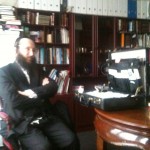 Previous Post
Previous Post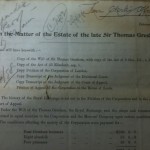 Next Post
Next Post
